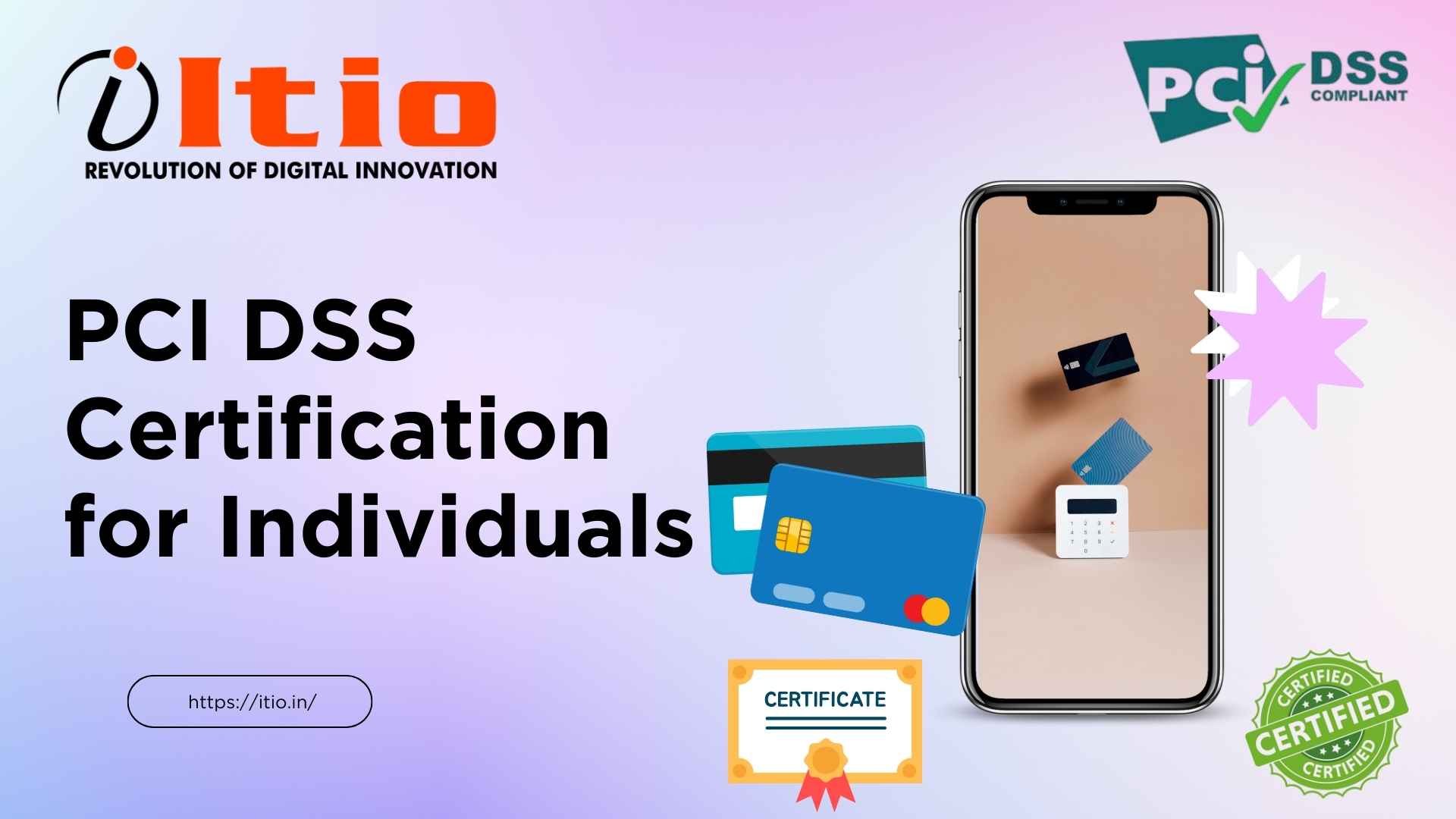Our Blogs
Surprising Facts About Digital Wallet App Development

In the rapidly evolving world of finance, digital wallets have become indispensable tools for managing transactions and securing payments. As the demand for seamless and efficient financial solutions grows, digital wallet app development has emerged as a critical area of innovation. From the inception of mobile wallet development to the sophisticated integration of various functionalities, the landscape of e-wallet app development is filled with remarkable advancements. For businesses and consumers alike, understanding the nuances of this technology is essential. In this article, we will uncover some surprising facts about digital wallet app development and these insights will offer a comprehensive view of the exciting developments in the world of digital wallets. So without any delay, let’s dive into the 10 astonishing facts about digital wallet development. Read on.
Facts About Digital Wallet App Development
1.Explosive Growth
The global digital wallet market is on a remarkable upward trajectory, projected to reach $14.59 trillion by 2027. This explosive growth is fueled by the increasing preference for mobile payments and the unparalleled convenience of digital transactions. With more people relying on smartphones and the internet for daily activities, digital wallets have become essential tools for managing finances. The proliferation of e-commerce, coupled with the rise in contactless payment options, has further accelerated the adoption of digital wallets across various demographics and regions.
2.Security Focus
Modern digital wallet app development prioritizes security, incorporating advanced features to safeguard users' financial data. Biometric authentication, such as fingerprint and facial recognition, provides an additional layer of security, ensuring that only authorized users can access their wallets. Tokenization is another key feature, where sensitive card information is replaced with unique tokens during transactions, reducing the risk of data breaches. These measures, combined with encryption and secure communication protocols, make digital wallets a safe alternative to traditional payment methods.
3.Cryptocurrency Integration
The integration of cryptocurrency functionalities into digital wallets is a game-changer, allowing users to store, manage, and trade digital currencies alongside traditional fiat money. This feature caters to the growing number of cryptocurrency enthusiasts and investors who seek a unified platform for all their financial needs. By supporting a range of cryptocurrencies, digital wallet apps offer flexibility and convenience, making it easier for users to participate in the digital economy.
4.AI and Machine Learning
Artificial intelligence (AI) and machine learning are transforming digital wallet apps, enhancing user experiences through personalization and improved security. AI algorithms analyze user behavior to provide personalized financial insights and recommendations, helping users make informed decisions. Machine learning models detect and prevent fraudulent activities by identifying unusual patterns and anomalies in transaction data. These technologies also enable chatbots and virtual assistants, offering users real-time support and assistance.
5.Contactless Payments Surge
The COVID-19 pandemic has significantly accelerated the adoption of contactless payments, with digital wallet usage soaring as people sought safer, touch-free transaction methods. Digital wallets facilitate seamless contactless payments using near-field communication (NFC) technology, which allows users to make payments by simply tapping their smartphones at payment terminals. This shift towards contactless payments has not only enhanced convenience but also contributed to public health by reducing the need for physical contact during transactions.
6.Global Adoption
Digital wallets are revolutionizing financial inclusion, especially in developing regions where traditional banking services are limited. By providing easy access to financial services, digital wallets are empowering the unbanked population, enabling them to participate in the formal economy. Mobile money services, facilitated by digital wallets, have become particularly popular in countries with limited banking infrastructure, offering a lifeline to millions of people who previously had no access to banking services.
7.Interoperability Challenges
While digital wallets offer numerous benefits, interoperability between different wallets and payment systems remains a significant challenge. Users often face difficulties in transferring funds between wallets from different providers or using their wallets for cross-border transactions. To address these issues, industry stakeholders are working towards developing standardized solutions that promote interoperability, ensuring a seamless experience for users regardless of the digital wallet they choose.
8.Loyalty and Rewards Integration
Many digital wallets integrate loyalty programs and rewards, enhancing customer engagement and retention. Users can earn and redeem points, cashback, and other rewards seamlessly during transactions, incentivizing them to use their digital wallets more frequently. This integration not only benefits consumers but also provides businesses with valuable data on customer preferences and spending patterns, enabling them to tailor their marketing strategies more effectively.
9.Regulatory Landscape
The mobile wallet app development and deployment must navigate a complex regulatory landscape. Regulations on data privacy, security standards, and anti-money laundering measures vary across different regions, posing challenges for developers and providers. Compliance with these regulations is crucial to ensure the legality and security of digital wallet services. Companies must stay informed about regulatory changes and adapt their systems accordingly to maintain compliance and protect user data.
10.Future of Super Apps
The concept of "super apps" is gaining traction, where digital wallets are integrated with a wide range of services, creating a one-stop-shop for users' daily needs. These super apps combine functionalities such as ride-hailing, food delivery, e-commerce, and financial services within a single platform, offering unmatched convenience. As digital wallets evolve into super apps, they are set to play a central role in users' lives, streamlining various aspects of daily activities and driving the next wave of digital transformation.
Conclusion
In conclusion, the mobile wallet app development is characterized by rapid growth, technological advancements, and a focus on security and user experience. As the financial landscape continues to evolve, digital e-wallets will remain at the forefront, offering innovative solutions that cater to the diverse needs of users worldwide. These innovations, driven by e-wallet app development companies, are meeting the increasing demand for secure and efficient payment methods. As we continue to witness the integration of cryptocurrencies and the rise of super apps, the future of digital wallet app development looks promising, with endless possibilities for enhancing financial transactions and user experiences.







